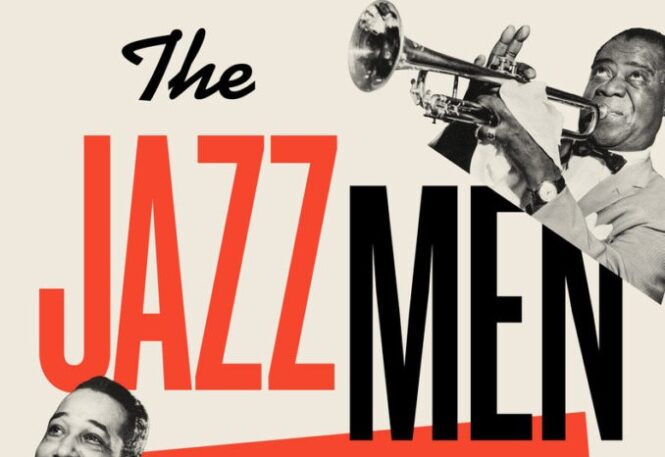
How Duke Ellington, Louis Armstrong, and Count Basie Transformed America
by T. Brooks Shepard
There is a plethora, a multiplicity, a panoply of routine “jazz” books available in the music publishing marketplace. They tell the same stories, repeat the same tired myths, sagas, jokes and anecdotes. They pretty much all say the same things-over and over.
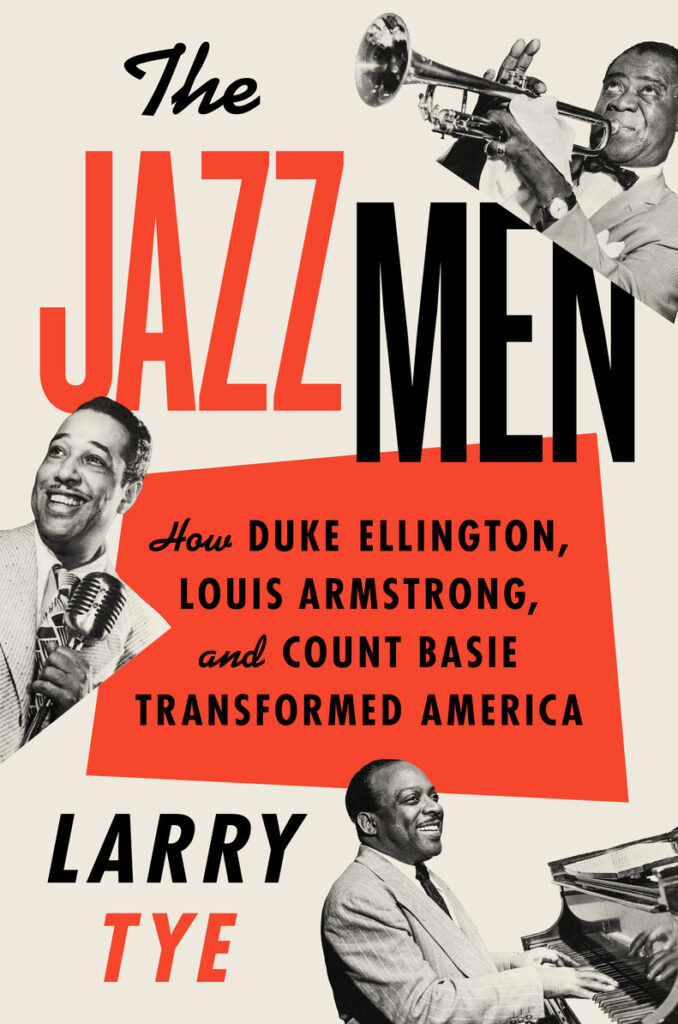
Not so with “The Jazz Men – How Duke Ellington, Louis Armstrong and Count Basie Transformed America” authored by Larry Tye and published by Mariner Books. Mr. Tye is coming from another place.
“I wrote about these three men because they were born within five years of one another, they all had careers that lasted an astounding fifty years,’ Larry said, ‘but most important, they were pioneers-not just in the musical things-but in setting up the table the way Martin Luther King said they did for the civil rights movement and I think that is what links the three of them as much their all being there on the Mount Rushmore of jazz greatness.”
After all, MLK stated, “Jazz speaks for life. Much of the power of our Freedom Movement in the United States has come from this music. It strengthened us with its sweet rhythms when courage began to fail. It calmed us with its rich harmonies when spirits were down,” Martin Luther King noted.
Born at the turn of the century in April of 1899, Edward Kennedy Ellington was the oldest of the three. Next, Louis Armstrong in August of 1901 and William James Basie in August of 1904-geniuses destined to become true giants astride the art of American Jazz and, therefore, of all American music.
Ellington came out of the DC middle class, Armstrong out of abject poverty and Basie was the son of lower middle class, Red Bank, New Jersey domestic workers.
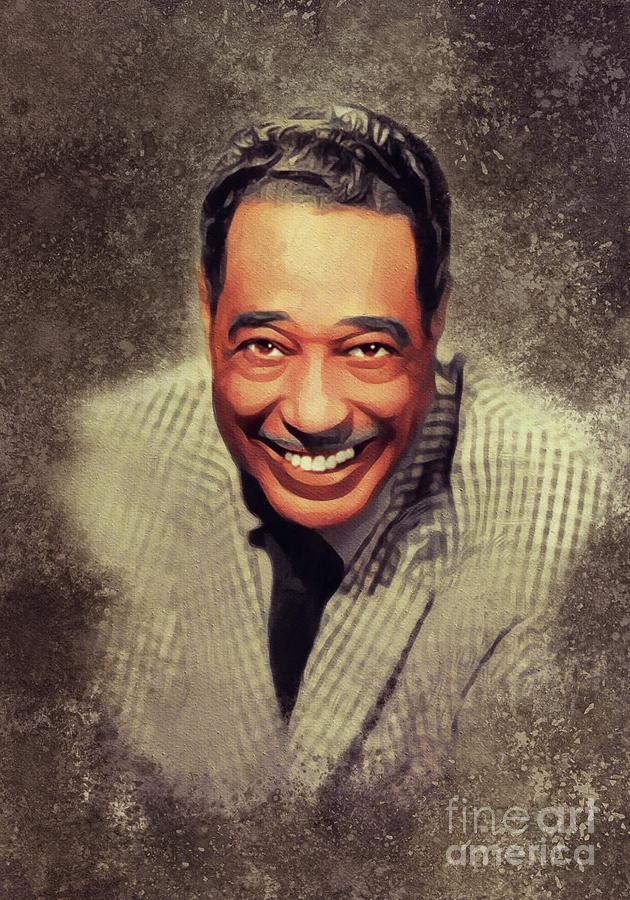
As the sole source of income for his mother and sister, young Louis dropped out of the fifth grade to wash dishes, sell newspapers and any odd job including “cleaning gravestones on Decoration Day.” And he still sang and played wherever and whenever he could.
Basie said, “I didn’t go any higher than junior high school…I used to stay in one grade so long it was shameful. Kids would come into kindergarten and grow up and catch me and then leave me there in the same class…” He got a job cleaning the local movie/vaudeville theater, Bill Basie parked cars and sometimes slept in the local pool room. What he really wanted was “outta Red Bank.”
Duke dropped out of high school in his senior year and was also a dishwasher. In addition, he painted scenery at the Howard Theater, was a messenger at the State Department and sold popcorn, chewing gum, candy and cigars at Washington Senator baseball games. They were laborers and, luckily for us, the music is where their disparate paths converged.

Larry Tye’s “epiphany moment” for writing “The Jazzmen” came when he was writing an earlier book about black Pullman Porters, “And the Pullman Porters made me promise that after I got done writing about them, I would write about their three favorite passengers: three guys named Ellington, Armstrong and Basie.”
During Jim Crow, black entertainers risked their lives to play the South. One misstep and they would be lynched. So, bands with the “wherewithal” would hire private sleeping cars for a safe space to live out there on the road. They were treated like royalty.
In return, after their public performances, Armstrong, Ellington and Basie would give exclusive after-hours performances for the Pullman Porters, Tye stated.
What cannot be overstated is how important and committed these artists were to the Civil Rights era. Larry tells it this way: “All three maestros said that they let their music speak for itself. Duke Ellington was writing symphonies like “Black, Brown and Beige” that told the story of black America from slavery through Reconstruction into the Civil Rights era.”
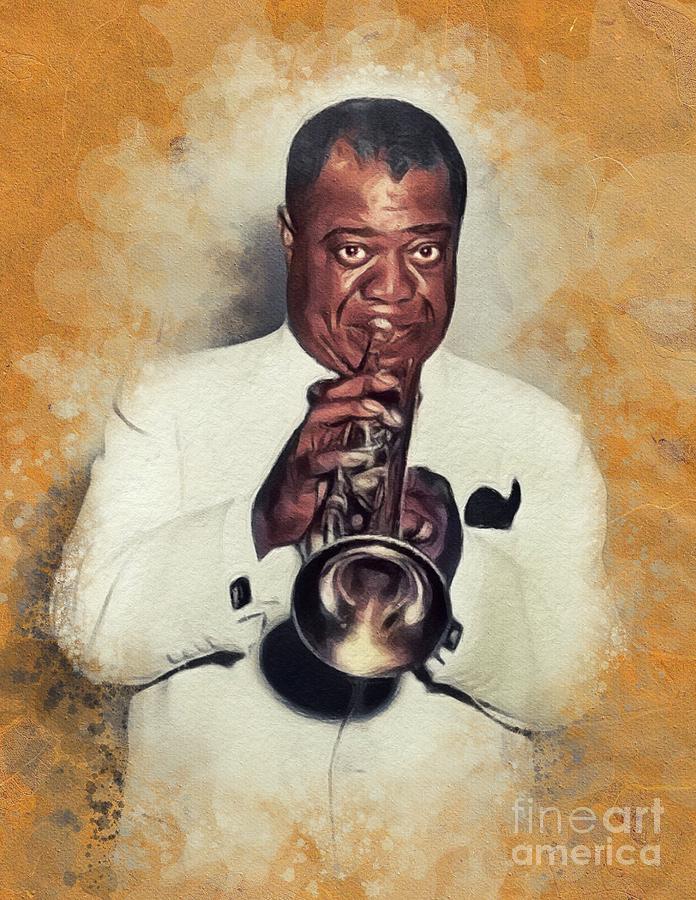
Holding benefits for the Scottsboro Boys and desegregating venues across the country are just two of the ways Duke Ellington made major contributions to civil rights in the US.
Louis Armstrong wrote and sang a subversive little ditty called ”I’ll Be Glad When You’re Dead, You Rascal You” and, after receiving an honorary lifetime membership to the NAACP, Armstrong had this to say: “I had it put in my contracts that I wouldn’t play no place I couldn’t stay. I was the first Negro in the business to crack them big white hotels…”
Count Basie pulled a notebook out of his pocket and began to write one day in 1947 and found himself arrested on a mid-town Manhattan street corner. The cop said, “You bookies are getting nervier every day.”
Regarding ‘60s black activism, Basie said, “They’re starting a real move and I am 100 per cent for it.” Behind the scenes, he recorded with Paul Robeson and Richard Wright. He created a publishing company to assist “young Negro songwriters.” In 1959, The Count and Ella Fitzgerald were the first African Americans to win Grammys.
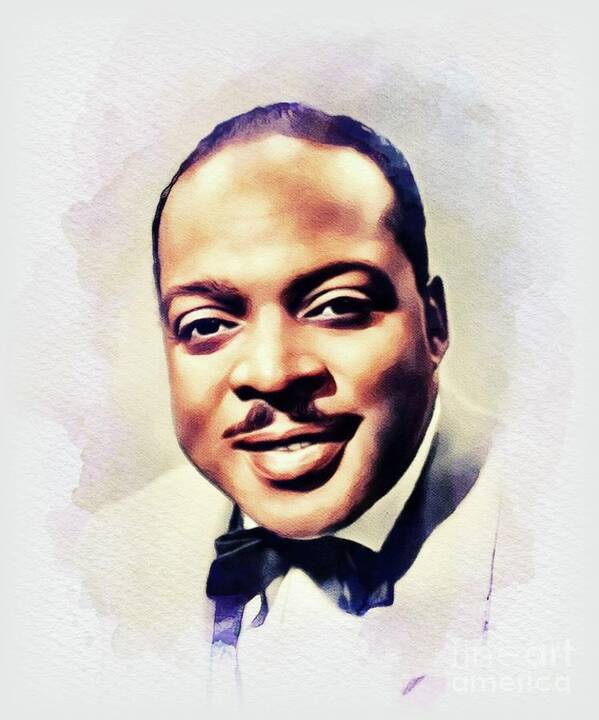
“THE JAZZ MEN” documents the extraordinary diplomatic achievements Duke Ellington, Louis Armstrong and Count Basie laid down on the international stage. Each of them was presented to the world as an exemplar, the very pinnacle of American culture. Because of radio, their popularity extended worldwide.
Their “kind of cultural diplomacy, soft propaganda, was one of the ways that the foundation was laid for the thaw in Cold War relations that took hold in the 1970s…” a member of the US State Dept. affirmed.
Larry Tye offered it up like this: “What united them was not just that they were playing at the same time to huge audiences, but they all understood that they had a responsibility in their music to perform and show the potential for black genius.”
“The Jazz Men: How Duke Ellington, Louis Armstrong and Count Basie Transformed America” by Larry Tye pulls back the curtain on the political contributions of these maestros to the Civil Rights Struggle and, in so doing, does American history a service.
T. Brooks Shepard is a writer, educator, Executive Producer of Jazz@Union Concerts and the Ujima Culture Project
Duke Ellington, Louis Armstrong and Count Basie illustrations by John Springfield






This article has whet my appetite to read this book. The genius, elegance, class, and commitment to standing up for Black people these three maestros showed as they traveled the world is astonishing.